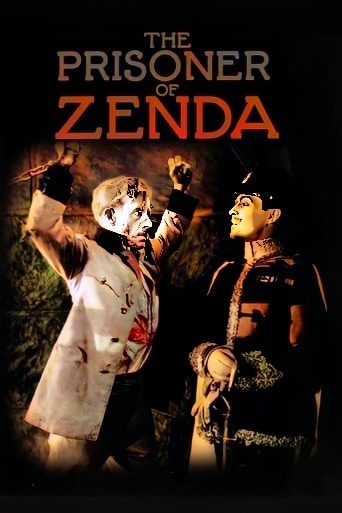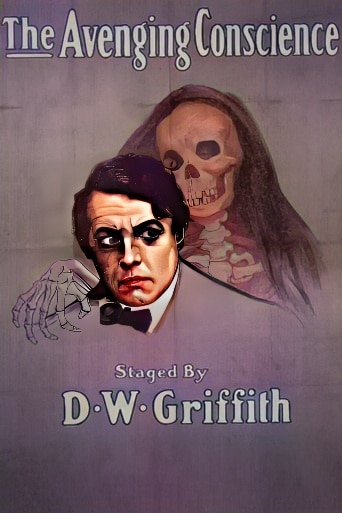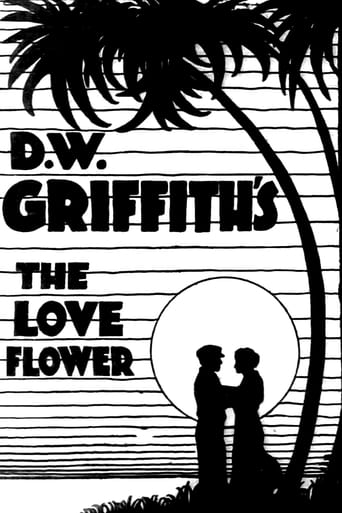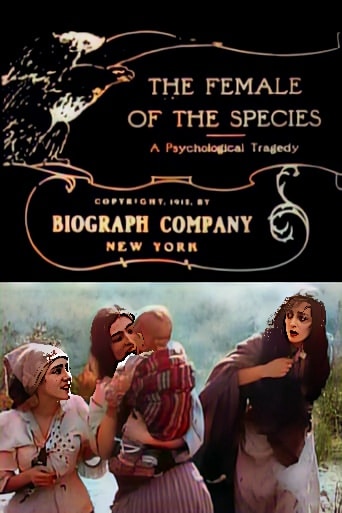The Prisoner Of Zenda (1922)

 Rex Ingram’s silent masterpiece, “The Prisoner of Zenda” (1922), unfolds like an intricate tapestry of royal intrigue, deception, and the timeless allure of doppelgängers.
Rex Ingram’s silent masterpiece, “The Prisoner of Zenda” (1922), unfolds like an intricate tapestry of royal intrigue, deception, and the timeless allure of doppelgängers.
Starring Lewis Stone, Alice Terry, and Robert Edeson, this cinematic gem adapts Anthony Hope’s classic adventure novel into a visually stunning narrative that explores the shadowy realms of political machination and the redemptive power of love.
At the heart of the story lies the fictional kingdom of Ruritania, a realm steeped in regal splendor and political tumult. The narrative kicks into motion when the benevolent King Rudolf V, played with regal poise by Lewis Stone, falls victim to a nefarious plot hatched by his power-hungry half-brother, Duke Michael, brilliantly portrayed by Robert Edeson. Duke Michael, fueled by avarice and ambition, drugs and abducts the unsuspecting king to pave the way for his ascent to the throne.
This treacherous turn of events sets the stage for a classic tale of mistaken identity. Enter Rudolf Rassendyll, a distant relative of the king and the film’s protagonist. Lewis Stone takes on a dual role, portraying both the abducted monarch and his unsuspecting lookalike. The visual prowess of silent cinema allows for seamless transitions between the two characters, creating a captivating dance of illusion and reality.
As Rassendyll assumes the guise of the king, the plot thickens with suspense and intrigue. The doppelgänger dynamic, a recurring motif in literature and cinema, takes center stage as Rassendyll navigates the treacherous corridors of power, masquerading as the kidnapped king. Stone’s nuanced performance elevates the film, bringing depth to the characters and infusing the narrative with emotional resonance.
The film’s leading lady, Alice Terry, steps into the role of Princess Flavia, a pivotal character who becomes entangled in the web of deception. Terry’s portrayal adds a layer of complexity to the narrative, as the princess grapples with conflicting emotions while navigating the perilous political landscape. The chemistry between Stone and Terry provides the emotional anchor that grounds the film amidst the regal grandeur and political machinations.
Visually, “The Prisoner of Zenda” is a triumph. Rex Ingram, celebrated for his visual storytelling prowess, crafts a sumptuous cinematic experience. The opulent sets, elaborate costumes, and meticulous attention to detail transport the audience into a bygone era of romance and chivalry. The cinematography captures the chiaroscuro of light and shadow, enhancing the dramatic tension and accentuating the film’s thematic depth.
The film’s success is not merely confined to its visual splendor; the orchestration of suspense and action sequences propels the narrative forward with unwavering momentum. The swashbuckling elements, infused with a touch of romance, contribute to the film’s timeless appeal. In the absence of spoken dialogue, the film relies on expressive visuals and a stirring musical score to convey the intensity of each scene.
“The Prisoner of Zenda” invites audiences to contemplate themes that resonate across time—identity, loyalty, and the perennial struggle between good and evil. The doppelgänger motif serves as a powerful metaphor, exploring the duplicity inherent in human nature and the capacity for transformation.
As the narrative hurtles towards its climax, with the fate of the kingdom hanging in the balance, “The Prisoner of Zenda” delivers a denouement that satisfies the audience’s appetite for resolution. The intricate web of deception unravels, leading to a cathartic conclusion that underscores the enduring power of love and honor.
In the realm of silent cinema, “The Prisoner of Zenda” stands as a testament to the artistry of filmmakers who mastered the nuances of visual storytelling. Rex Ingram’s adaptation transcends the limitations of its time, leaving an indelible mark on the cinematic landscape. The film’s legacy endures, a captivating journey into a world where royal deception, doppelgängers, and the triumph of noble ideals converge in a tapestry of timeless storytelling.
Release Date: September 11th, 1922
Main Cast Members
Lewis Stone (Rudolf Rassendyll / King Rudolf)
Alice Terry (Princess Flavia)
Robert Edeson (Colonel Sapt)
Stuart Holmes (Grand Duke ‘Black’ Michael)
Ramon Novarro (Rupert of Hentzau)
Barbara La Marr (Antoinette de Mauban)
Malcolm McGregor (Capt. Fritz von Tarlenheim)
Edward Connelly (Marshal von Strakencz)




